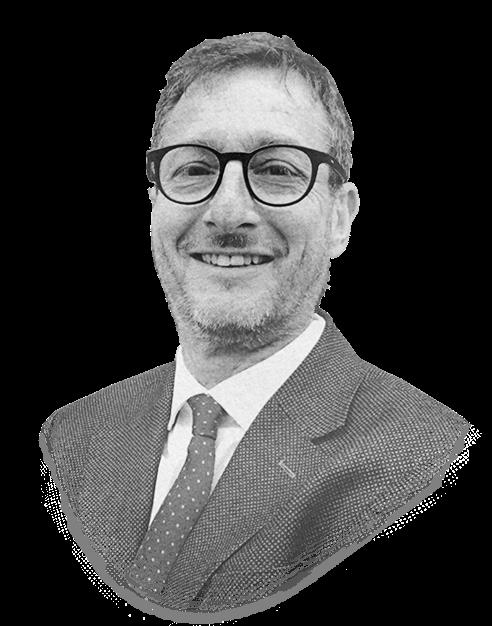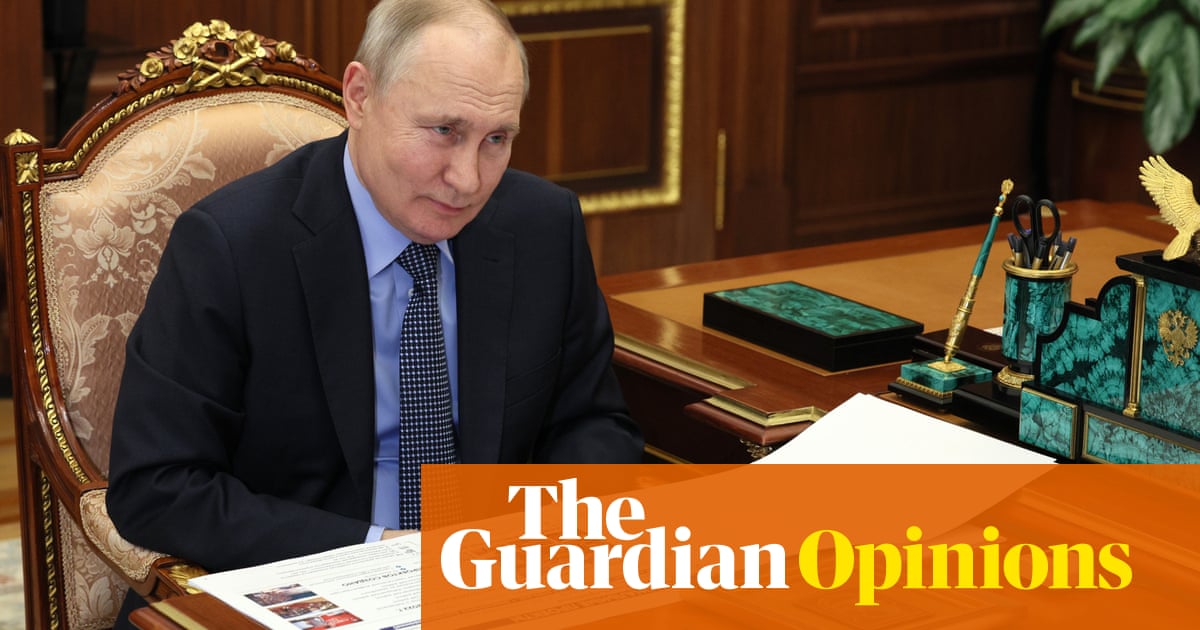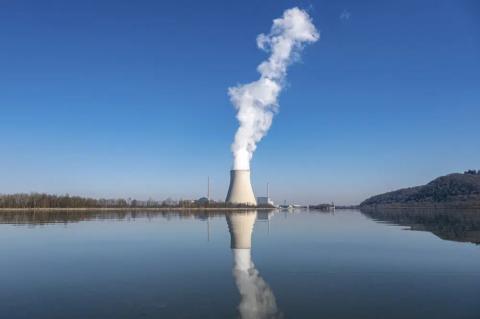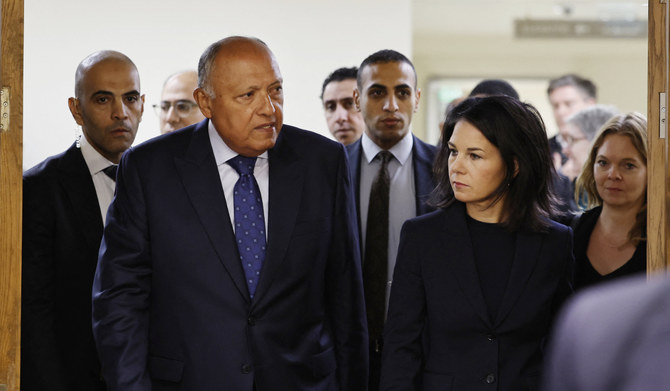
Not long ago, Brexit Britain was the bad boy of Europe. Then it was Poland’s turn, its rightwing leadership likewise excoriated for defying the Brussels establishment. Now, after the invasion of Ukraine, it’s Germany that’s getting all the stick. Some of this criticism is deserved. Some of it resurrects ugly stereotypes and old prejudices harking back to the Nazi era.
Olaf Scholz’s government is under increasingly fierce pressure to halt gas and oil imports that help fuel Vladimir Putin’s war machine – and stop blocking tougher EU sanctions on Moscow’s fossil fuels. When Germany’s chancellor visited Downing Street on Friday, Boris Johnson urged him to break Berlin’s and Europe’s “embarrassing” €1bn-a-day Russian energy habit.
Brexit’s chief clown and Brussels-baiter has not been forgiven by the EU, and probably never will be, but Scholz’s visit showed how Ukraine has radically altered perspectives. The crisis has reminded even jingoistic Brexiters that core UK interests are inseparable from Europe’s. And Germany, despite everything, still values the British alliance. So Johnson minded his p’s and q’s.
Not so Poland’s prime minister, Mateusz Morawiecki, who accuses Scholz of placing German self-interest above Ukraine’s suffering. “It is not the voice of German businessmen or of German billionaires which should be heard in Berlin today. It is the voice of all the innocent women and children, the voice of the murdered people who should be heard,” Morawiecki said last week.
Ukraine’s president, Volodymyr Zelenskiy, frequently draws parallels with the second world war. Addressing the Bundestag last month, he accused Germany of failing to fulfil its post-Holocaust responsibility to ensure such horrors did not reoccur – and of past appeasement of Russia through economic engagement at the expense of democratic rights.
“Every year, politicians repeat the words ‘never again’ and now we see that these words are simply worth nothing. In Europe, a people is being destroyed,” Zelenskiy said. In further remarks after Russian atrocities in the town of Bucha were uncovered, he took aim at Angela Merkel, Scholz’s predecessor, and France’s former president, Nicolas Sarkozy: “I invite Mrs Merkel and Mr Sarkozy to visit Bucha to see what the policy of 14 years of concessions to Russia has led to.”
Incoming flak is not confined to the eastern flank. “We cannot continue financing the Putin system that is waging this horrible war,” Manfred Weber, head of the European People’s party in the European parliament, told Politico. In a symbolic vote reflecting fury at Moscow, the parliament voted on Thursday for a “total and immediate” embargo on Russian energy imports.
Studies suggest Germany could more easily manage without Russian oil and gas than Scholz seems to think, and opinion polls show growing domestic support for tougher measures, despite the pain they would cause. Scholz’s stance is also coming under friendly fire. Having previously followed Berlin’s line, Emmanuel Macron, France’s president, who is fighting for his political life in Sunday elections, now backs an embargo.
“What just happened in Bucha requires a new set of sanctions,” Macron said. “I want us to be able to act.” France, he added, would “coordinate with our European partners, especially Germany”. In the event, Germany, backed by Hungary and Austria, again blocked expedited EU oil (and gas) sanctions. Maybe Macron, with an eye on voters, expected this – and was content for Germany to be cast as the villain.
It’s true that Scholz was slow to appreciate the risk posed by Putin’s pre-war build-up. He refused, in line with past policy, now reversed, to supply weapons to Kyiv. It’s true, too, that after the invasion began, he moved swiftly to suspend the Nord Stream 2 gas pipeline, announced an unprecedented increase in defence spending, and backed initial EU and US sanctions.
Yet in recent weeks, it’s also plain that Germany, which depends on Russia for 55% of its gas and 34% of it oil, has been dragging its feet. A report in Die Welt meanwhile suggested that even previously agreed sanctions were not being effectively implemented by Berlin.
Claims by those who nurture old enmities and present grudges that Germany cares more about money than mass murder are deeply unfair. But Ukraine has delivered a shocking blow to the system, giving Germans a sense, perhaps, of how Greeks felt following the 2009 debt crisis.
First, a successful industrial policy based on cheap energy has gone up in smoke almost overnight.
Second, a foreign policy predicated on a belief that peaceful relations can be secured through mutually beneficial commerce now lies in ruins, along with the reputation of its chief advocate, Angela Merkel. Putin’s actions are not based on rational assessments of Russia’s best interests. Rather, they are essentially delusional, ideological and nationalistic.
Germany’s post-Ukraine relationship with China, another aggressive, ideologically driven authoritarian regime and major trading partner, is now subject to similar revision.
Third, its response to Ukraine has raised a big question mark over German leadership in Europe. The EU is clearly split along east-west lines, with Poland, the Baltic republics and normally quiescent people such as the Czechs demanding a much tougher response to Russia. This rift could become permanent.
At this dangerous juncture, western and northern EU states that traditionally look to Berlin for a lead look in vain. Yet Europe, from long experience, knows it cannot wholly rely on the French. Italy, Spain and the rest are largely bystanders. And Johnson’s Britain is trapped in a foolish fantasy of singular self-importance. If Scholz made a stand on energy, most would follow.
This is a moment requiring bold, sensible leadership. Scholz is eminently sensible. Now he must be bolder. For Ukraine’s and Europe’s sake, Germany must play the good guy at last and pull the plug on Russia.










